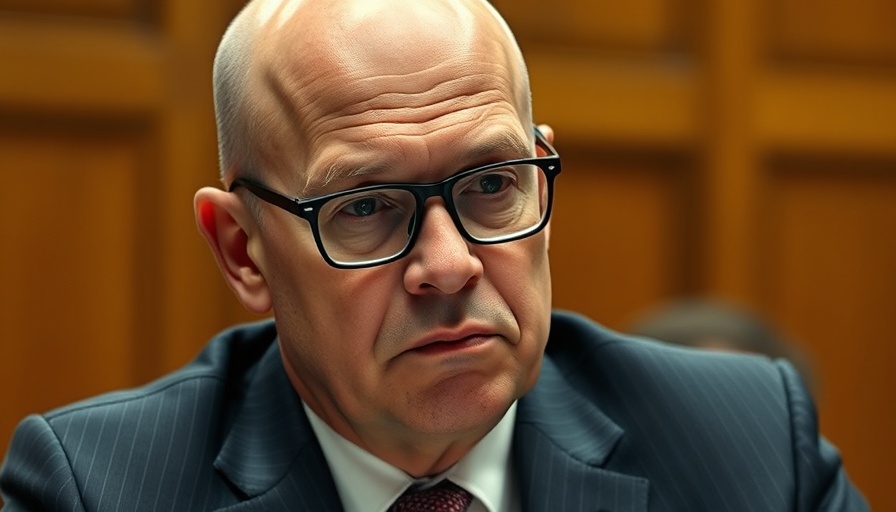
CFPB Takes a New Direction: Dropping Lawsuits Against Major Financial Institutions
The Consumer Financial Protection Bureau (CFPB) recently made headlines by dismissing several high-profile lawsuits against major financial institutions, including Capital One and Rocket Homes. This decision marks a significant shift in the bureau’s approach under its new leadership, led by acting director Russell Vought.
Why This Matters for Consumers and the Financial Market
As the CFPB drops these lawsuits, it raises questions about the protection of consumers in the financial industry. Under the previous director, Rohit Chopra, the CFPB had actively pursued enforcement actions, alleging that Capital One deceived customers and accusing Rocket Homes of illegal kickback schemes. The dismissal of these cases means billions of dollars in potential consumer recoveries are now out of reach, which could leave vulnerable consumers without critical oversight against predatory practices.
New Leadership, New Policies: The CFPB's Shift is Noteworthy
Russell Vought, appointed by President Donald Trump, has swiftly altered the CFPB's trajectory, closing its Washington headquarters and laying off approximately 200 staff members. This abrupt change illustrates a stark departure from previous regulatory approaches and is indicative of the administration’s broader shift towards deregulation. Vought’s strategy aims to promote efficiency, but some critics argue it compromises consumer protections.
Resounding Receptions from the Implicated Companies
Responses from Capital One and Rocket Homes emphasize their relief at the dismissals. Capital One remarked on the importance of the decision, noting their strong insistence on disputing the previous allegations. Meanwhile, Rocket Homes expressed satisfaction in being vindicated, suggesting that the previous leadership’s claims were unfounded and intended for publicity.
Understanding the Implications: Consumer Protection at Stake
Legal experts express concern that these dismissals are unprecedented within the CFPB’s history. With billions in consumer harm now unresolved, this development could signify a larger trend of reduced accountability for financial institutions. The implications extend beyond just the companies involved; they raise alarms about the future of consumer protections in a shifting political landscape.
What Are the Industry Reactions?
Reactions from financial markets have been notable, with shares of the implicated companies rising following the announcements. This suggests investor confidence in the current administration's approach, although it may also indicate a troubling perception that regulatory pressures are lessening, potentially leading to more aggressive business practices that could harm consumers.
Looking Ahead: Predictions for the Future of Consumer Financial Protection
The CFPB's recent actions suggest a potential pivot towards leniency in regulatory enforcement. Industry analysts predict that this could result in fewer lawsuits against companies, underlining a belief among some that the CFPB may no longer prioritize consumer advocacy in the way it once did. With ongoing debates about the agency's credibility and effectiveness, consumers and advocates will need to remain vigilant.
In a rapidly evolving financial landscape, understanding these regulatory shifts is crucial for consumers. Staying informed about changes in consumer finance laws helps empower individuals to protect themselves from potentially harmful practices.
To navigate your financial landscape with confidence, stay tuned for more insights and practical advice on personal finance.
 Add Row
Add Row  Add
Add 




 Add Row
Add Row  Add
Add 

Write A Comment